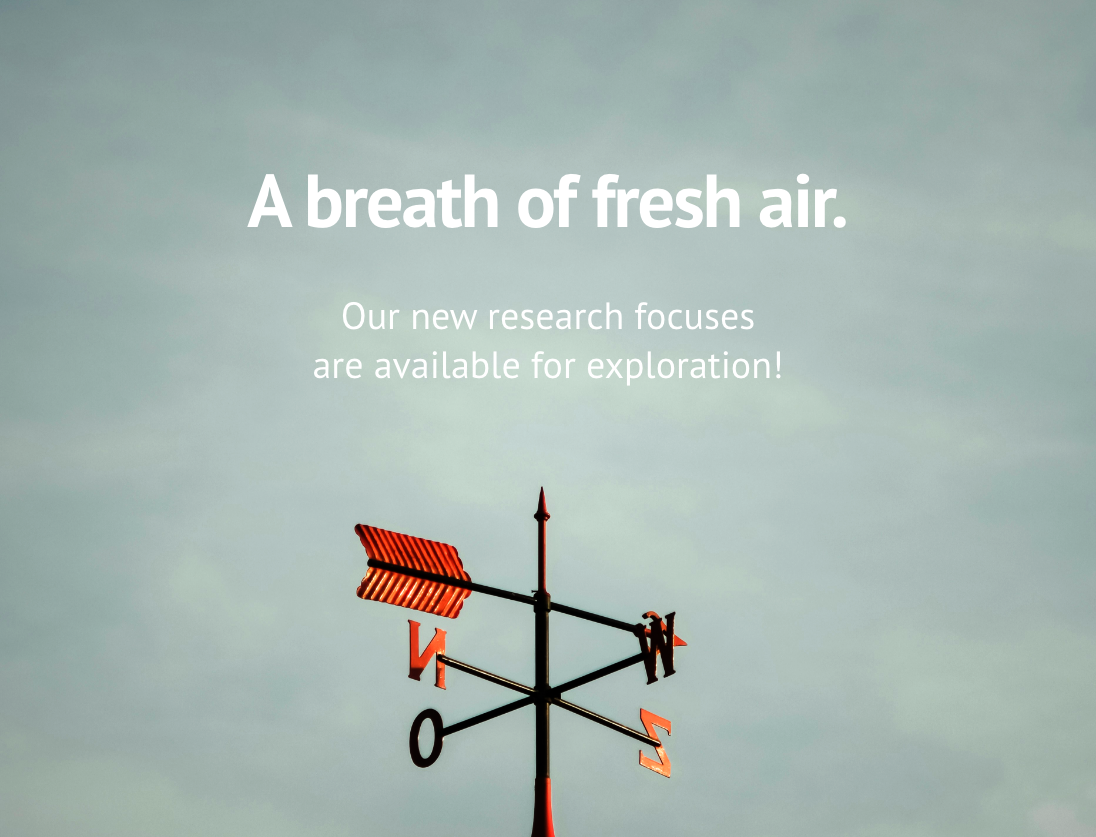NEWS FROM THE INSTITUTE
HIIG at re:publica 2017
In which direction is our digital society going? According to the motto »Love Out Loud«, re:publica 2017 invites activists, scientists and media-makers to Berlin. This year, we…
Fundamental rights in the digital age
The internet is a space where social relationships are cultivated, business is conducted, new knowledge is created, and all kinds of networks are built….
Lunch talk with Arne Hintz
The collection and processing of massive amounts of data is becoming an increasingly contentious issue. In this public talk on 22 February, Arne Hintz…
Digitaler Salon: Make Facts Relevant Again
Make facts relevant again. We’ll figure out whether emotions have replaced reason and how enlightened citizens can oppose populism. How can we save democracy…
Lunch talk with Meropi Tzanetakis
Meropi Tzanetakis takes you on a trip to the “dark” side of the web. How were global markets for drugs able to emerge on…
Digitaler Salon: Akademie der Autodidakten
Akademie der Autodidakten. Will online platforms and YouTube channels become tomorrow’s further training centres? To what extent can independently acquired knowledge gain recognition inside…
UPCOMING EVENTS
More to come soon.
Explore our current issues
while we reshape our research agenda…
More to come soon.
Explore our current issues
while we reshape our research agenda…
RESEARCH ISSUES IN FOCUS
Platform governance
Data governance
Artificial intelligence and society
Digitalisation and sustainability
Open higher education
Digital future of the workplace
The Human in the Loop in automated credit lending – Human expertise for greater fairness
How fair is automated credit lending? Where is human expertise essential?
Impactful by design: For digital entrepreneurs driven to create positive societal impact
How impact entrepreneurs can shape digital innovation to build technologies that create meaningful and lasting societal change.
Identifying bias, taking responsibility: Critical perspectives on AI and data quality in higher education
AI is changing higher education. This article explores the risks of bias and why we need a critical approach.












